On February 5, National Labor Relations Board (NLRB) Regional Director Laura Sacks ordered a representation election to be held to determine if the Dartmouth University Men’s Basketball team will be represented by the Service Employees International Union. The decision addressed questions that had been left unanswered in a 2016 decision regarding Northwestern University’s football team (where a regional director held football players who received athletic financial aid scholarships were employees, but where the board ultimately determined not to retain jurisdiction over only a single football team and did not definitively make any conclusions on player employee status).
Specifically, here, the regional director held that a) the basketball players were “employees” of the university for purposes of the National Labor Relations Act (NLRA) even if they received no athletics aid; and b) that a single team was an appropriate bargaining unit. If upheld by the board, the decision is potentially broad enough to justify organization of virtually any university sports team regardless of division, and perhaps other student groups.
First, the regional director concluded that the basketball players were employees under the NLRA, relying on her view that they received “compensation” in exchange for work that benefitted and was controlled by the university. The regional director acknowledged that the athletes did not receive any athletic scholarships or athletic financial aid because Ivy League rules require aid to students to be need based and not dependent on athletics participation. Indeed, four of the 15 players received no financial aid at all. The regional director concluded that the compensation in exchange for playing element could be met by the players receipt of athletic gear such as shoes, sweats, and duffle bags, together with access to free tickets, an “early read” on their likelihood of admission and financial aid, and access to various academic and other support services. As a result, she held that all players, including those not receiving any aid at all, were employees under the NLRA and eligible to be in the unit.
The regional director found the necessary control required to deem the athletes employees by relying on the requirements relating to any athletic program, such as setting practice and contest schedules and travel schedules.
The regional director accepted the university’s representation that the basketball program consistently operated at a loss but held that whether a program generated a profit or loss was irrelevant to employee status. She further found that other intangible effects of the program, such as increased recruiting, alumni engagement and donations, were sufficient benefit to the University to render the students’ athletic endeavors “work” for the university.
The regional director rejected the argument that her rationale would open up a variety of student extracurriculars such as band or newspaper to organizing, by finding that those activities do not raise the sorts of revenue or have the same sort of marketing support as athletic teams. She did not attempt to reconcile this statement with her earlier reliance on the notion that profit or loss to the employer was irrelevant to employee status. She further suggested that other activities did not “dominate” the participant’s student experience in the same degree and fashion as playing a D-I sport, and that band members and student journalists were not recruited by the school for their journalistic and musical ability.
If approved by the board and followed by other regions, the decision would open the possibility of wide-spread organization of virtually all student athletes, not just those in high revenue generating sports at Division I schools. The decision does not directly affect public universities who are outside the jurisdiction of the NLRB. However, due to developments in the board’s single employer jurisprudence, public universities may see arguments that their athletes are jointly employed by conferences or name, image and likeness (NIL) collectives and thus subject to organization to that extent.
This decision is not subject to immediate appeal, but we will continue to monitor this matter, including the Board’s decision reviewing the regional director’s ruling.


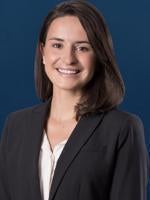
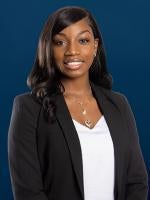
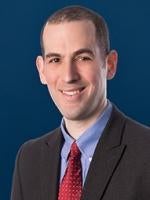
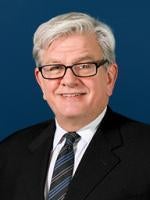
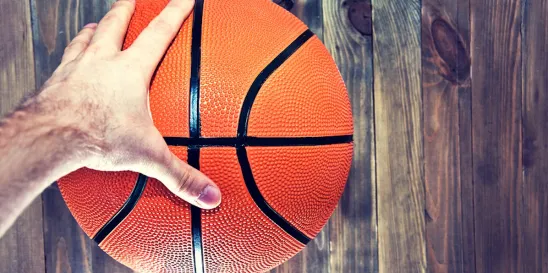
 />i
/>i

